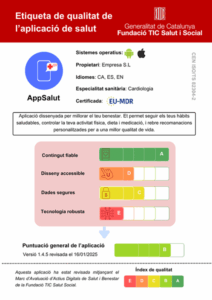In the year 2022, a significant portion of the affiliated companies controlled by institutional units within the European Union (EU) operated beyond the borders of the bloc. According to the latest available data, 52.5% of these companies were located outside of the EU, indicating a growing trend towards the internationalization of their operations. Ireland leads by far in this phenomenon, reporting that 65.7% of its active companies operated beyond the Union’s borders, closely followed by Spain and Croatia, both with 61.8%.
On the other hand, countries like Slovakia showed a much lower percentage of organizations outside the bloc, with only 8.3%. Meanwhile, the Czech Republic and Latvia recorded figures of 21.9% and 24.3% respectively, demonstrating a more concentrated presence within the Union itself.
The net sales generated by these affiliated companies have also climbed to high numbers, with 61.6% originating outside the EU. Ireland once again leads the list in this category with 74.0% of its revenue coming from abroad, followed by Cyprus with 69.6% and the Netherlands with 68.7%. In contrast, Slovakia and Hungary are at the other end with 5.7% and 11.2%, respectively.
The analysis also explores gross investment in tangible non-current assets, of which less than a third, 32.4%, is allocated to companies located outside the EU. Ireland, Denmark, and Poland have the highest rates of investment in foreign affiliates, while Slovakia and Romania are at the lowest levels.
As for employment, 61.9% of employees and self-employed individuals of foreign affiliates under EU unit control work outside the bloc. The figures are once again led by Ireland, with 81.8%, followed by Spain and Bulgaria. On the other hand, countries like Slovakia and Malta have significantly lower figures.
Finally, employee benefits expenses reflect this inclination towards extracommunity operations, reaching 61.3% outside the EU. Ireland, Germany, and France lead this category, while Slovakia and Romania report the lowest numbers.
These data highlight the growing importance of international markets for the European Union, not only in terms of revenue generation but also in investment and employment. The information reveals a globalized and complex landscape in the European business sector, showing that the bloc’s economic activity is increasingly oriented towards the rest of the world.
via: MiMub in Spanish










